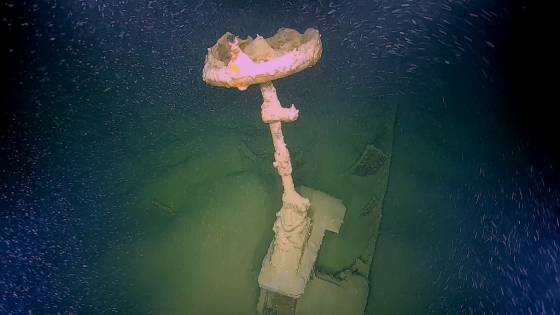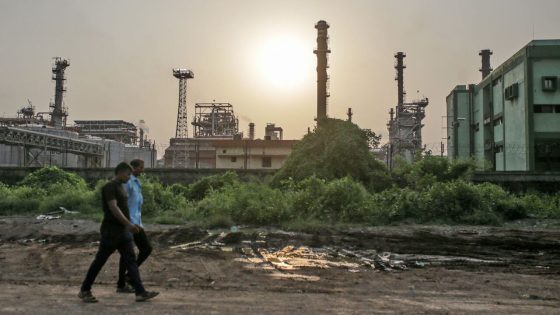Plastics pose a “grave, growing and under-recognised danger” to human and planetary health, according to a recent expert review. This alarming report highlights a global plastics crisis that threatens lives from infancy to old age, costing at least $1.5 trillion annually in health-related damages.
- Plastics pose significant health risks globally.
- Production has increased over 200 times since 1950.
- Less than 10% of plastic is recycled.
- Plastic pollution impacts vulnerable populations most.
- Petrostates oppose caps on plastic production.
- Microplastics found in human bodily fluids.
Since 1950, plastic production has surged over 200 times and is projected to nearly triple by 2060. While essential in various applications, the rapid rise in single-use plastics, like bottles and containers, has led to unprecedented levels of pollution. As of now, approximately 8 billion tonnes of plastic are contaminating our planet, with less than 10% being recycled. How can we address this escalating issue?
This review raises critical questions about our reliance on plastics. Are we truly aware of the health risks associated with plastic pollution? The report suggests that the impacts are particularly severe for vulnerable populations, especially children. Key points include:
- Plastic pollution contributes to air pollution and toxic chemical exposure.
- Microplastics infiltrate human bodies, with unknown long-term health effects.
- Petrostates are resisting measures to cap plastic production, complicating treaty negotiations.
As we confront this pressing issue, it’s crucial for policymakers and citizens alike to advocate for sustainable alternatives and support global initiatives aimed at reducing plastic production. Together, we can pave the way for a healthier planet.































